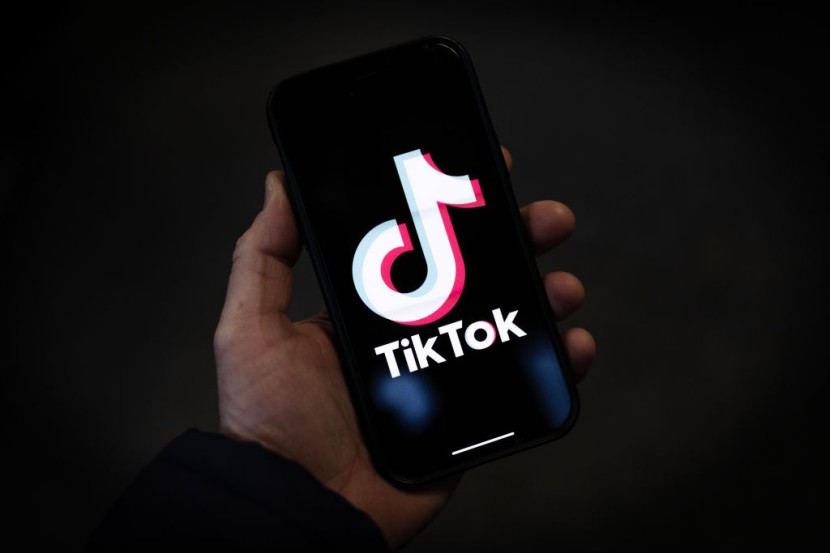
A user of TikTok has received a correction notice under the law against fake news for making misleading statements about vote secrecy in a post on the social media site.
The Prime Minister's Office's Elections Department (ELD), which released a statement on Friday, stated that TikTok user dr.ishhaq.jay had falsely claimed in a post on July 17 that the Government could track votes back to the voter in order to punish them, according to The Straits Time
Can Government Trace Who Votes?
The Protection against Online Falsehoods and Manipulation Act (Pofma) office issued the correction order on the direction of Minister-in-Charge of the Public Service and Education Minister Chan Chun Sing.
According to a statement from the official fact-checking website Factually, the following justifies why the allegations are untrue:
The Parliamentary Elections Act 1954 (PEA), along with its precursor Acts, establishes provisions to ensure the confidentiality of votes. Both the Government and the Elections Department (ELD) have consistently adhered to the legally mandated processes and responsibilities concerning vote secrecy, as part of their policy and operational approach.
The procedures and obligations laid out by law to safeguard the confidentiality of votes are meticulous and thorough. For instance, any individual, including officers, clerks, interpreters, candidates, and authorized agents who participate in polling station activities or the vote counting process, must take an oath of secrecy prior to their involvement.
Additional legal measures dictate that when it comes to votes cast in person at polling stations, there is an unbroken chain of custody for the ballot papers as they move from polling stations to counting centers, and then to the Supreme Court.
The serial number assigned to each ballot paper serves the purpose of upholding the integrity of the electoral process. It facilitates accurate tracking of all distributed and cast ballot papers, effectively preventing counterfeit ballots and instances of voter impersonation.
Upon issuance of a ballot paper, the voter's serial number is recorded on the counterfoil of the ballot paper. This aids in tracing the vote if required, particularly in cases where there are allegations of fraudulent voting. Nevertheless, access to the sealed votes is permissible solely through an order issued by the General Division of the High Court, and such an order can only be granted under limited circumstances.
The judge hearing the application must be convinced that the inspection is necessary for the prosecution or application under Section 90 of the PEA, which seeks to void an election on a few specific grounds, such as violations of the PEA that had an impact on the outcome of the election or corrupt or illegal practices committed during the election by a candidate.
The Factually article comes to the conclusion that because of this, the government is unable to determine who a voter has supported.
Dr. Ishaq Jay will be forced, under the correction notice, to write a new TikTok post in which he admits that his prior post made a misleading assertion and includes a link to the government's explanation, as per Independent.
TikTok's 'Blackout Challenge
At least 20 children's fatalities in the previous 18 months have purportedly been connected to the lethal "blackout challenge" on TikTok.
People are encouraged to choke themselves with objects from around the house until they pass out and then record their adrenaline rush when they come to once they are cognizant in the popular challenge on social media.
According to information gathered by Bloomberg Businessweek, at least 15 of those kids who passed away while shooting the challenge were 12 years old or younger. 5 of the victims were 13 or 14 years old.
The blackout challenge is a more recent iteration of choking dares, which have been around for a while but have become more widely available to kids thanks to social media.
According to data from the US Centers for Disease Control and Prevention, the "choking game" claimed the lives of 82 minors when it first surfaced in 2008.
Parents who claimed their children passed away as a result of the tragic challenge have sued TikTok and its parent business ByteDance.
The blackout challenge is reported to have been attempted by a nine-year-old Milwaukee, Wisconsin girl in February 2021 who suffocated to death after wrapping a household item around her neck, according to the story.
In Palermo, Italy, a 10-year-old girl named Antonella Sicomero was discovered hanging. She passed away while playing a "extreme game on TikTok," according to her parents.
Italian privacy authority ordered the video platform to delete users in the nation whose ages it couldn't confirm to be over 13 after her death, and the Palermo prosecutor's office launched an investigation.
As a team from trust and safety examined each video the girl had watched, they discovered that, like many kids her age, she had lied when she registered for a TikTok account, claiming to be older than 13.
For TikTok, the team's discovery of no proof that the app's algorithm had suggested the challenge to Antonella was a relief.
TikTok pledged to reverify the ages of the nation's 12.5 million subscribers after Antonella's passing in 2021, but ended up removing 500,000 accounts.
Nevertheless the fatalities persisted.
Nylah Anderson, 10, passed away in December 2021 from respiratory restriction in her suburban Philadelphia home. Her mother discovered videos taken on her phone showing the girl and her cousin participating in an asphyxiation game.
The cousin told the police that it was a strangulation challenge that they had seen on TikTok and YouTube, the officer said in the incident report.








